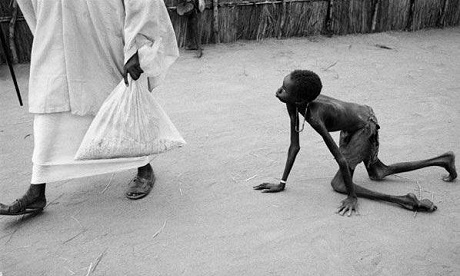Conditions in South Sudan are appalling.
United Nations (UN) officials have expressed concern about the fate of the South Sudanese people.
The mandate for the UN peacekeeping mission in the country is set to expire.
Jean-Pierre Lacroix told the UN Security Council the South Sudanese people “have simply suffered far too much for far too long and we must not take their resilience against incredible odds for granted”.
Lacroix is the Under-Secretary-General for Peacekeeping Operations.
South Sudan became an independent nation in 2011.
The mainly Christian and Animist population had been involved in a civil war with Muslim citizens – now mostly located in Sudan – for decades.
The civil war sprang up again in 2013, between the majority Dinka and Nuer tribes.
The net result is famine, the possibility of genocide and over three million displaced people.
While political and economic instability continue, “humanitarian needs will remain dire,” Mark Lowcock says.
Lowcock is the UN Under-Secretary-General for Humanitarian Affairs and Emergency Relief Coordinator.
He estimates about half South Sudan’s 12.23 million population will be relying on emergency food aid by early 2018.
Although both Pope Francis and the Archbishop of Canterbury Justin Welby had planned to visit South Sudan in October, the visit was cancelled for the meanwhile.
The deteriorating security situation was the reason their visit was cancelled.
Francis has since held a prayer service for South Sudan and Congo, which is also suffering from the effects of war.
In his homily during the prayer service, Francis said “…Prayer works by the power of God, for whom nothing is impossible”.
Source
Additional readingNews category: World.




